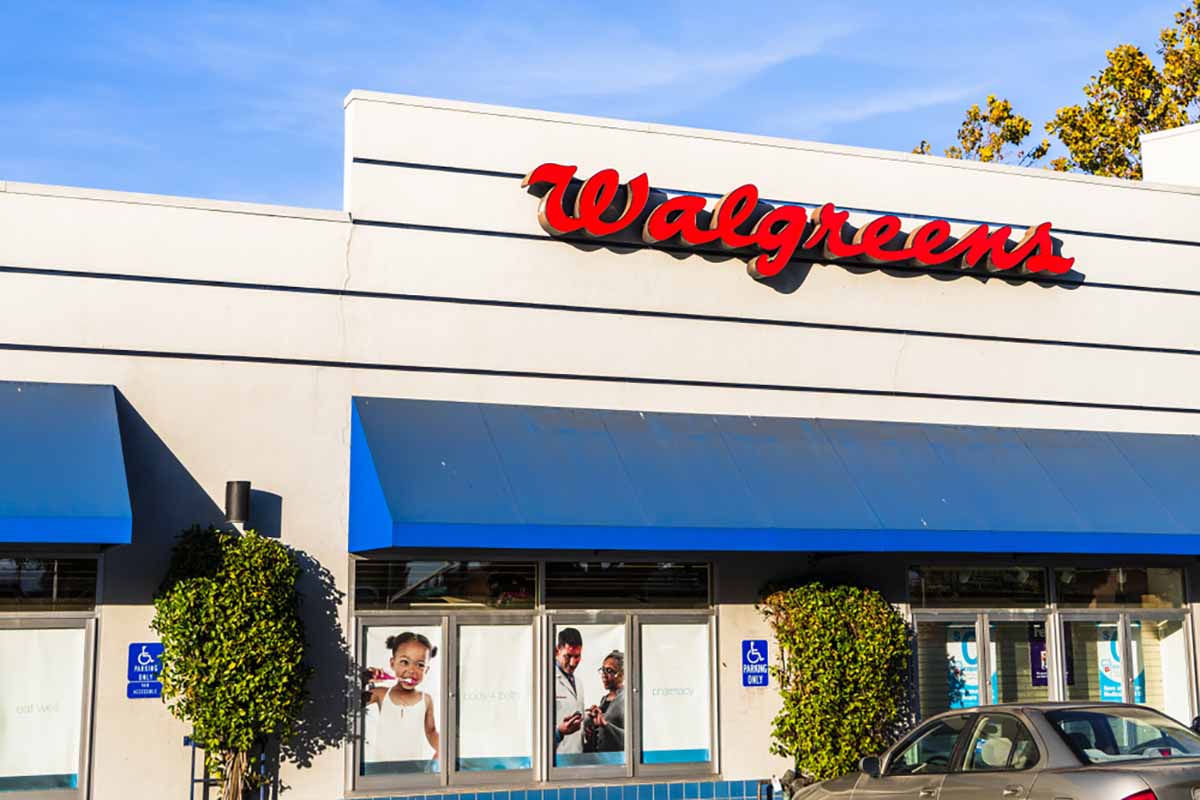
Walgreens recently agreed to pay $3.50 million to settle a lawsuit alleging company employees dropped electronics, batteries and other hazardous materials into dumpsters headed to municipal landfills. | Sundry Photography/Shutterstock
Retailers in recent months have agreed to pay over $8 million to settle accusations they illegally landfilled electronics and other hazardous waste in California. In one case, trashed e-scrap was suspected to have ignited two fires.
Most recently, Walgreens agreed to pay $3.50 million to settle a lawsuit from several district attorneys in California and the city of Los Angeles, according to a Dec. 22 press release.
Government officials alleged Walgreens employees dropped hazardous materials and records with confidential customer information into dumpsters headed to municipal landfills. The materials included electronics, batteries, medications, aerosol products, cleaning agents and more. The lawsuit alleged the illegal disposals occured between 2013 and 2020.
This was the second time in the past decade California officials went after the company. In 2012, Walgreens agreed to pay $16.57 million to settle allegations from district attorneys that the company was illegally disposing of hazardous waste.
Disposal suspected to have sparked fires
Ross Stores agreed to pay $3.34 million to settle similar allegations of hazardous waste disposal violations, according to a Dec. 1 press release. In that case, prosecutors alleged that 441 Ross and dd’s Discount Stores in California illegally disposed of e-scrap, batteries, mercury lamps, cosmetics, personal care products, aerosol spray cans and other materials.
Earlier this fall, Bed Bath & Beyond agreed to pay $1.49 million to settle a hazardous waste disposal lawsuit, according to an Oct. 28 press release. In that case, prosecutors alleged over 200 stores owned by the New Jersey-based Bed Bath & Beyond, Inc. (including buybuy BABY, Cost Plus, Harmon, Harmon Face Values, World Market and Cost Plus World Market) illegally disposed of e-scrap, batteries, ignitable liquids, aerosols products, cleaning agents and other materials.
According to the release, the Bed Bath & Beyond investigation started after a fire broke out in December 2015 at a transfer station. The fire started when a front-end loader spread bagged trash from a company store. Investigators found several electronic items, lithium batteries and lighter fluid in the trash, the release states.
Four months later, in April 2016, a fire broke out in a trash compactor behind a Bed Bath & Beyond store, the release notes. Inspectors found various electronics devices, batteries and broken compact fluorescent bulbs in the bin.
The legal actions were the first time in a couple years California officials have forced retailers into large settlements over hazardous waste disposal. Two years ago, in December 2018, Target agreed to pay $7.4 million as part of a hazardous waste settlement.
More stories about courts/lawsuits
- Closed Loop companies hit with $3 million in Ohio penalties
- More processors settle in Iowa CRT stockpile case
- Guilty pleas in surplus equipment disposal scheme